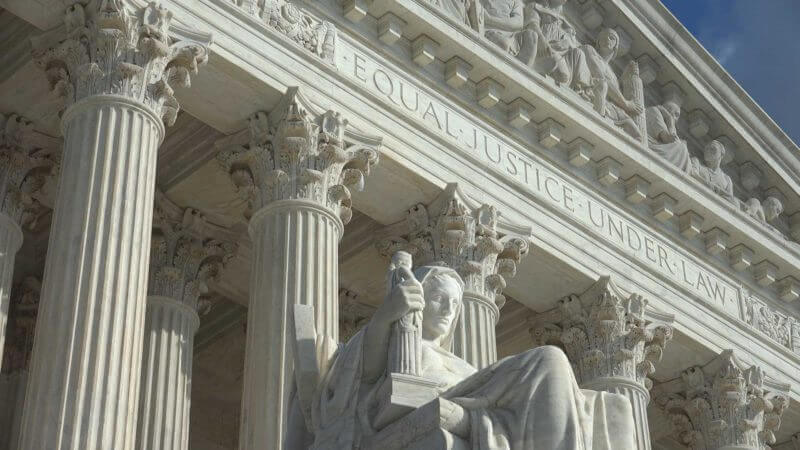In major privacy win, US Supreme Court says cops need warrant to access cell phone location
The decision imposes Fourth Amendment restrictions on the ability to conduct surveillance without probable cause.
Police will no longer be able to access cell phone location data without a warrant. That’s a ruling that the US Supreme Court handed down today, in a victory for privacy advocates. The 5-4 decision (.pdf) brings mobile phone location within the Constitution’s Fourth Amendment protection against unreasonable search and seizure.
The underlying case involved a man named Timothy Carpenter, who had been convicted of armed robbery partly with the help of mobile phone location history that placed him at crime scenes. At trial, attorneys for Carpenter argued the location-data evidence should have been barred because it was obtained without a warrant. In denying the motion to suppress the evidence, the trial and appellate courts said that “Carpenter lacked a reasonable expectation of privacy in the location information collected by the FBI because he had shared that information with his wireless carriers.”
Illegally obtained evidence is supposed to be excluded in criminal trials, regardless of the actual guilt of the defendant. The reason is to create structural disincentives for police to violate people’s rights or otherwise break the law in seeking to apprehend criminals.
US Supreme Court Chief Justice Roberts delivered the opinion, which was joined by more moderate and liberal justices Ginsburg, Breyer, Sotomayor and Kagan. The remaining conservatives all dissented. Roberts said that “requests for cell-site records lie at the intersection of two lines of cases.” One of those pertained to an individual’s “expectation of privacy in his physical location and movements.” The second concerned “what a person keeps to himself and what he shares with others.”
The court held that a person does have an expectation of privacy in his or her physical location even in the public sphere. This was true despite the fact that Carpenter unknowingly shared his location with his cell phone carrier (by default). The Court said:
We decline to grant the state unrestricted access to a wireless carrier’s database of physical location information. In light of the deeply revealing nature of [cell-site location information], its depth, breadth, and comprehensive reach, and the inescapable and automatic nature of its collection, the fact that such information is gathered by a third party does not make it any less deserving of Fourth Amendment protection. The Government’s acquisition of the cell-site records here was a search under that Amendment.
The right-leaning members of the court argued that sharing location information with a wireless carrier was no different from sharing business records with a third party such as a bank or other commercial enterprise, which didn’t trigger Fourth Amendment protection.
The decision is very consequential and pushes back against the encroachment of “the surveillance state.” However, the Court added, there could be exceptions in cases of emergency (e.g., active shooters) where warrantless searches of cellphone location data would be permitted.
Opinions expressed in this article are those of the guest author and not necessarily MarTech. Staff authors are listed here.
Related stories
